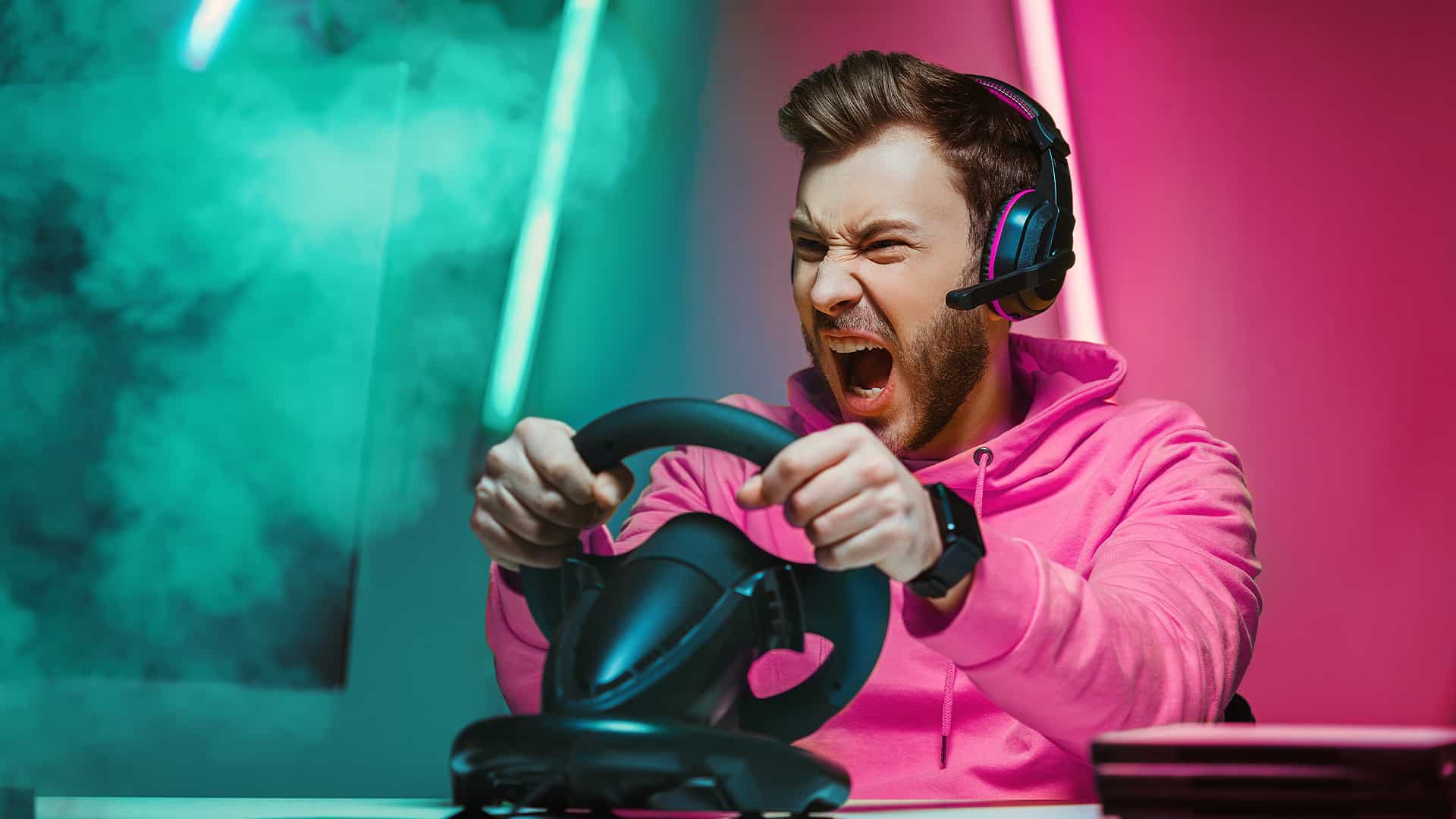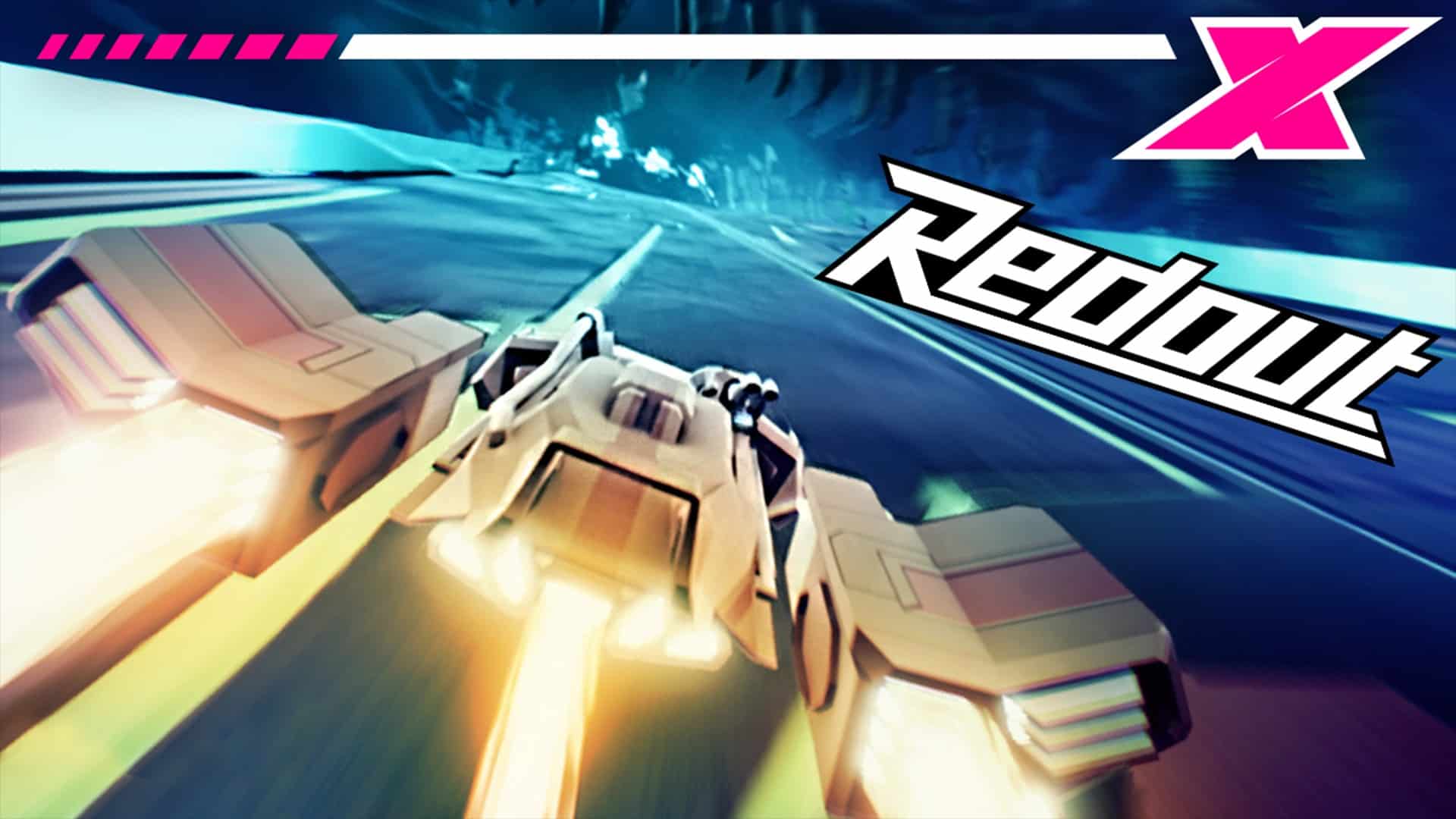If you have been involved in any form of competition in your lifetime, you may be familiar with emotions that don’t manifest when you’re minding your own business.
These intense spurts can be joy, anger or even sadness, especially after events that seem out of your control. If you’re a sim racer, these moments usually come when you’ve bumped and crashed into someone or when the checkered flag is waved.
Considering how many times I’ve competed in my lifetime through football, taekwondo and now sim racing, I should consider myself knowledgeable on this topic.
Intense spurts of emotion can be felt across many kinds of media and video games are no exception. I’ve been competing actively in leagues for close to a year now and I’m still trying to wrap my head around my own feelings after a race that’s gone wrong.
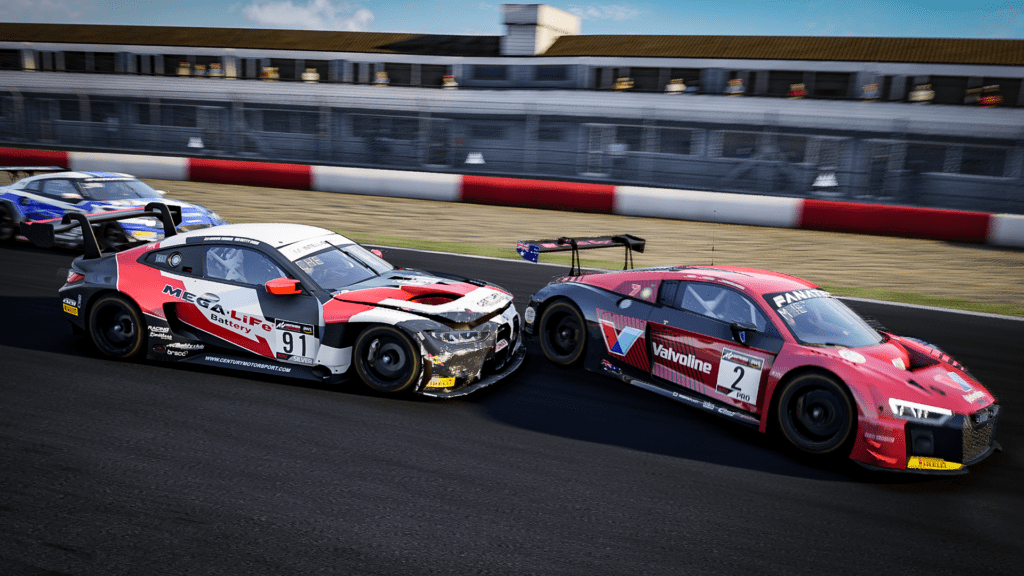
Just last weekend, it was the last race of the season in my first Assetto Corsa Competizione league and I found myself frustrated and angry after an incident that sent me spinning towards the back of the field. Later on, I lost control of my Audi and damaged the rear severely, forcing myself to return to the pits with close to three minutes of repairs.
It felt heart-breaking at the time, and I beat myself up on a livestream, but I also knew that I would regret not finishing the race. I carried on and finished 32nd, several laps down, which the chat area seemed to find commendable.
So, let’s say you crashed out of your race. You must wait several long minutes in the pits to get back in. At this point, you probably feel like throwing in the towel and just quitting, as you may feel like there’s no way for you to get a good result. Chasing the field feels like an exhausting endeavour. This, perhaps, is only natural.
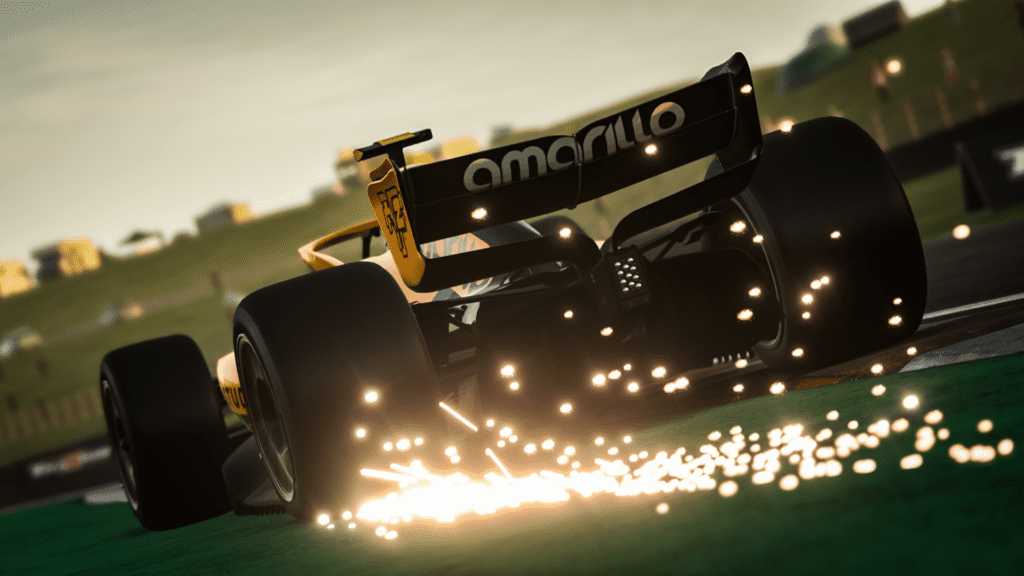
My teammate at Scrubs Go Racing, James Brown (not the Godfather of Soul), has some difficulty managing his emotions during races, when things get bad for him.
“I mainly dwell on it. If someone wrecks me then they’re off the Christmas card list for a while. If something was my fault then I go into hibernation.
“I definitely beat myself up when I let more people down like in an endurance race. I’m silent when I am aware of when I should do better and I don’t need to tweet about it and seek sympathy. I guess I bottle things up.”
Unlike James, I find myself needing to talk about it to my friends on Discord or social media. It’s difficult to keep things to myself, especially when I don’t know how to deal with what I’m feeling.
More often than not, bad races can be taxing on my emotions and it’s important for me to let it out.
I quickly found that speaking about your emotions openly can be beneficial to yourself in the long run and lets you form a bond with your friends and your audience. It’s especially healthy if you’re part of a team and can express yourself honestly with your teammates.
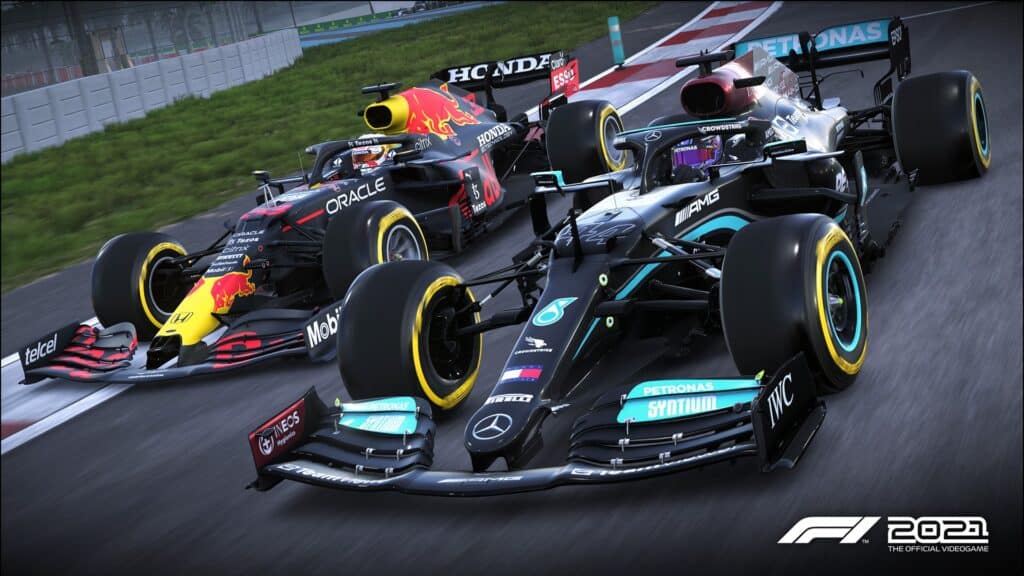
James is learning how to improve himself with his emotions thanks to being involved in a team that accepts him unconditionally.
“Sometimes, the result isn’t everything. Racing can still be very individual even in the same team. I’m the opposite. I value the team more. I wouldn’t want to be in an environment that devolves into individualist tribalism.” he acknowledges.
“It’s easy to get caught up in the moment and it takes a good support network to help you feel valid, but also keep you tracking in the right direction.”
League racing can be a stressful pastime or job. The pressure involved when entertaining an audience or keeping partners happy can be intense. Therefore, it can be easy to forget what made us fall in love with racing in the first place.
Recalling where he started, James found himself falling in love with it playing Forza Motorsport 3 and F1 2010 on Xbox 360.

“It was a whole new world, suddenly it opened up the possibility of more realistic racing with friends online,” he recalled.
“I ended up hooked. I guess it was something I committed to more when I realized I wasn’t bad at it.”
Personally, I remember when I was eight, I played Super Monaco GP on the Sega Genesis and I found the game quite challenging to play at times. I couldn’t wrap my head around how the steering worked as you had corners go by at the blink of an eye and if you didn’t have your car in the right position, you went off instantly and retired.
When other racing games came and went in my life, I realized that I had gotten better and despite the failures that I experienced. I still found myself cherishing the games I played in my youth.
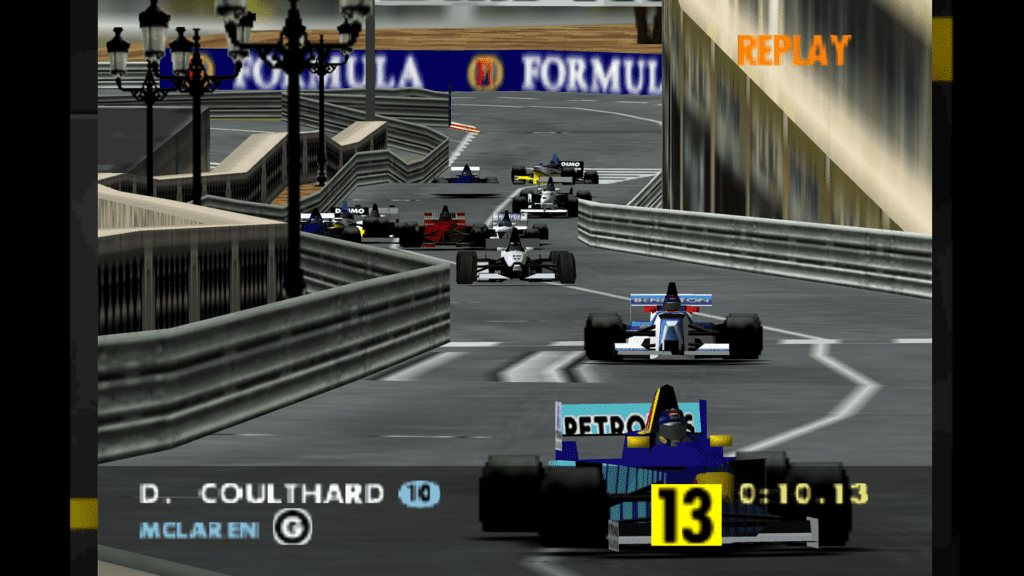
Sometimes, I would go back to F1 World Grand Prix on the N64, which in contrast to modern F1 games, feels very arcade-based but it’s still fun to play after all these years. It’s great to fall back to games that you enjoy on a casual basis when you feel like you’re burning out from league racing, especially when you do it constantly.
When it comes to dealing with your mental health during races, it’s vital to have good coping strategies, whether it’s falling back on games you loved growing up or having the right people to talk to.
Some games even allow for silly scenarios, like driving the same circuit backwards or playing hide and seek on track.
After all, I love sim racing, because it’s enjoyable and having fun is the best way to balance the serious impact of racing in competitions. Try not to lose sight of that, no matter how competitive it becomes.
















